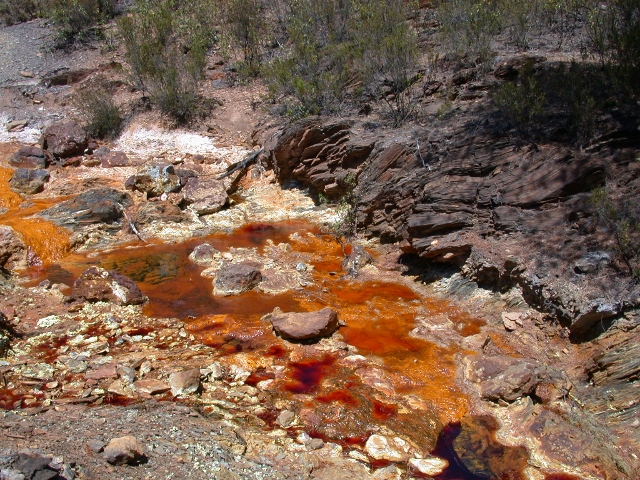
Matt Doll, Minnesota Environmental Partnership
A few weeks ago, mining giant Cleveland-Cliffs sent shockwaves through northern Minnesota with their plan to temporarily lay off around 600 employees at their facilities in Hibbing and Virginia. While affected workers will have their wages partly covered by unemployment for some time, it’s not clear how long these layoffs will last, especially given this week’s economic chaos.
Legislators vowed not to leave steelworkers in the lurch. They’re moving to pass extended unemployment benefits for miners, a laudable effort that will help protect families and communities in the Iron Range.
Unfortunately, some legislators have tried to use these layoffs as an excuse to roll back two clean water protections relating to mining: the wild rice rule and the reactive waste rule.
The wild rice rule
The Minnesota Pollution Control Agency has had a rule on the books for more than fifty years that sets standards for sulfate in waters. Sulfate is a major contributor to the mercury pollution problem in the Lake Superior basin and is especially toxic to wild rice, which is why it’s limited to 10 parts per million in wild rice waters. But until recently, mining companies have been in violation of the rule with essentially no consequences, and environmental groups like MEP have worked hard to push for better enforcement.
The MPCA, much to the appreciation of clean water advocates, recently denied US Steel’s request for its Keetac mine to get a carve-out from the sulfate standard on Hay Lake. The agency’s decision was upheld by the Minnesota Court of Appeals recently in a major clean water victory.
Reactive waste rule
The reactive waste rule covers mining waste that reacts harmfully with its surrounding environment, a category that includes the waste that would be generated by sulfide ore mines like NewRange (PolyMet) or Twin Metals if they are constructed. Sulfide ore waste reacts with water to form sulfuric acid, which can quickly and permanently poison a surrounding freshwater ecosystem. Wetlands, waterways, and peatlands – all crucial to fighting climate change – would be put at risk by these mines’ waste. Every sulfide mine in the United States has resulted in significant pollution to its surrounding environment.
The reactive waste rule was the basis of the Minnesota Supreme Court decision that reversed PolyMet’s permit to mine. Rolling it back wouldn’t mean completely clear sailing for the sulfide mine, but it would remove a significant state-level obstacle.
Rollback attempts from multiple angles
The recent enforcement of the wild rice and reactive mine waste rules has drawn the ire of mining companies and their backers in the Legislature. On April 2, they introduced HF 3030/SF 3216, bills that would tie unemployment benefits for laid off steelworkers to rollbacks of both rules.
HF 3030 was heard in the House Workforce, Labor, and Economic Development Committee on April 2. The committee tied 7-7 on party lines, leaving it laid over for possible further action.
Fortunately, the next day, the same committee voted unanimously in favor of HF 3023, a bill that includes extended unemployment benefits to support steelworkers’ families without any environmental rollbacks. The clean bill will now advance to the House Ways and Means Committee.
The wild rice or reactive waste rules may be be safe this session, but that’s not guaranteed. Standalone bills to roll them back have been introduced and we hope to make sure they are not included in larger bills later this session. Clean water advocates will be vigilantly watching.
In these uncertain economic times, we appreciate efforts to protect Minnesota workers from the impacts of corporate cutbacks and layoffs. But we can’t support sustainable economic success by sacrificing our waters. The headwaters that feed Lake Superior and the Rainy River, the wild rice waters that Indigenous communities depend on, and the northern ecosystems that help us fight climate change are too important to put at risk.